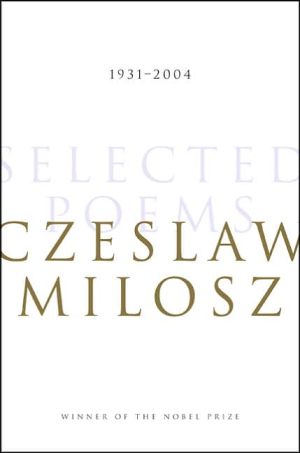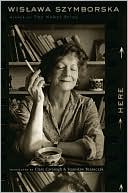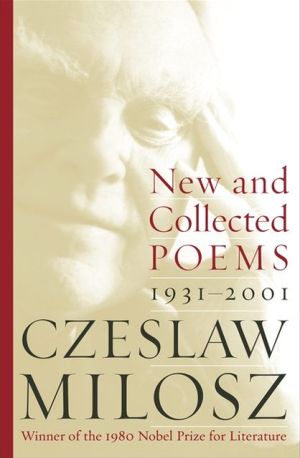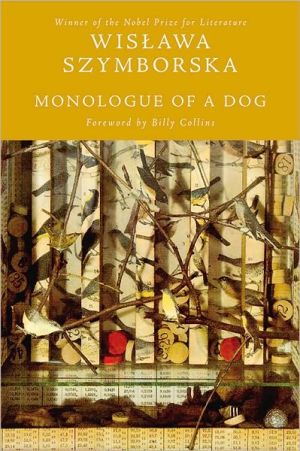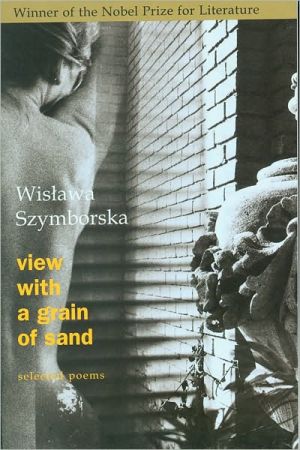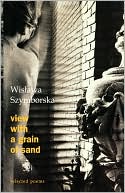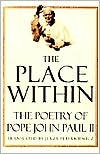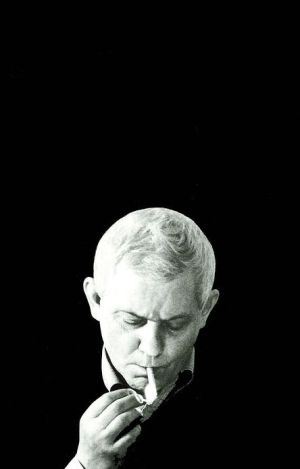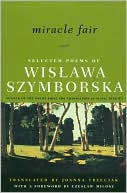Selected Poems: 1931-2004
Selected Poems: 1931-2004\ celebrates Czeslaw Milosz's lifetime of poetry. Widely regarded as one of the greatest poets of our time, Milosz is a master of expression and probing inquiry. Life opened for Czeslaw Milosz at a crossroads of civilizations in northeastern Europe. This was less a melting pot than a torrent of languages and ideas, where old folk traditions met Catholic, Protestant, Judaic, and Orthodox rites. What unfolded next around him was a century of catastrophe and madness: two...
Search in google:
This volume celebrates Czeslaw Milosz's lifetime of poetry. Widely regarded as one of the greatest poets of our time, Milosz is a master of expression and probing inquiry. Life opened for Czeslaw Milosz at a crossroads of civilizations in northeastern Europe. This was less a melting pot than a torrent of languages and ideas, where old folk traditions met Catholic, Protestant, Judaic, and Orthodox rites. What unfolded next around him was a century of catastrophe and madness: two world wars, revolutions, invasions, and the murder of tens of millions, all set to a cacophony of hymns, gunfire, national anthems, and dazzling lies. In the thick of this upheaval, wide awake and in awe of living, dodging shrapnel, imprisonment, and despair, Milosz tried to understand both history and the moment, with humble respect for the suffering of each individual. He read voraciously in many languages and wrote masterful poetry that, even in translation, is infused with a tireless spirit and a penetrating insight into fundamental human dilemmas and the staggering yet simple truth that "to exist on the earth is beyond any power to name." Unflinching, outspoken, timeless, and unsentimental, Milosz digs through the rubble of the past, forging a vision -- and a warning -- that encompasses both pain and joy. "His intellectual life," writes Seamus Heaney, "could be viewed as a long single combat with shape-shifting untruth."Publishers WeeklyThe Lithuanian-born Milosz (1911- 2004) became a leader among Polish-language modernists in the 1930s, then witnessed the Nazi destruction of Warsaw. His epochal early poetry described the horrors of war and the enduring power of joy: "I have seen the fall of States and the perdition of tribes," one 1943 poem says. "Love means to look at yourself/ The way one looks at distant things," advises his much-loved sequence from the same year, "The World." The postwar Milosz became a Polish diplomat, then rejected Soviet communism and sought political asylum; he taught at Berkeley till the end of the Cold War and returned to Poland in his last years. In decades of pellucid verse (and lyrical prose, also included), Milosz viewed at once the beauty of single moments and the sweep of civilization and barbarism over centuries: a stubborn defender of human decency and of liberal hopes, he saw, as few have, how "what could not be taken away,/ is taken. People, countrysides./ And the heart does not die when one thinks it should." Translated by many hands, but principally by former U.S. poet laureate Robert Hass, the verse carries over into English not only its sentiments, but much of its music, too: this first posthumous selection (New & Collected Poems appeared in 2001) should renew national attention to a poet of international significance. (Apr.) Copyright 2006 Reed Business Information.
A Task\ In fear and trembling, I think I would fulfill my life\ Only if I brought myself to make a public confession\ Revealing a sham, my own and of my epoch:\ We were permitted to shriek in the tongue of dwarfs and\ demons\ But pure and generous words were forbidden\ Under so stiff a penalty that whoever dared to pronounce one\ Considered himself as a lost man.\
\ Publishers WeeklyThe Lithuanian-born Milosz (1911- 2004) became a leader among Polish-language modernists in the 1930s, then witnessed the Nazi destruction of Warsaw. His epochal early poetry described the horrors of war and the enduring power of joy: "I have seen the fall of States and the perdition of tribes," one 1943 poem says. "Love means to look at yourself/ The way one looks at distant things," advises his much-loved sequence from the same year, "The World." The postwar Milosz became a Polish diplomat, then rejected Soviet communism and sought political asylum; he taught at Berkeley till the end of the Cold War and returned to Poland in his last years. In decades of pellucid verse (and lyrical prose, also included), Milosz viewed at once the beauty of single moments and the sweep of civilization and barbarism over centuries: a stubborn defender of human decency and of liberal hopes, he saw, as few have, how "what could not be taken away,/ is taken. People, countrysides./ And the heart does not die when one thinks it should." Translated by many hands, but principally by former U.S. poet laureate Robert Hass, the verse carries over into English not only its sentiments, but much of its music, too: this first posthumous selection (New & Collected Poems appeared in 2001) should renew national attention to a poet of international significance. (Apr.) Copyright 2006 Reed Business Information.\ \
